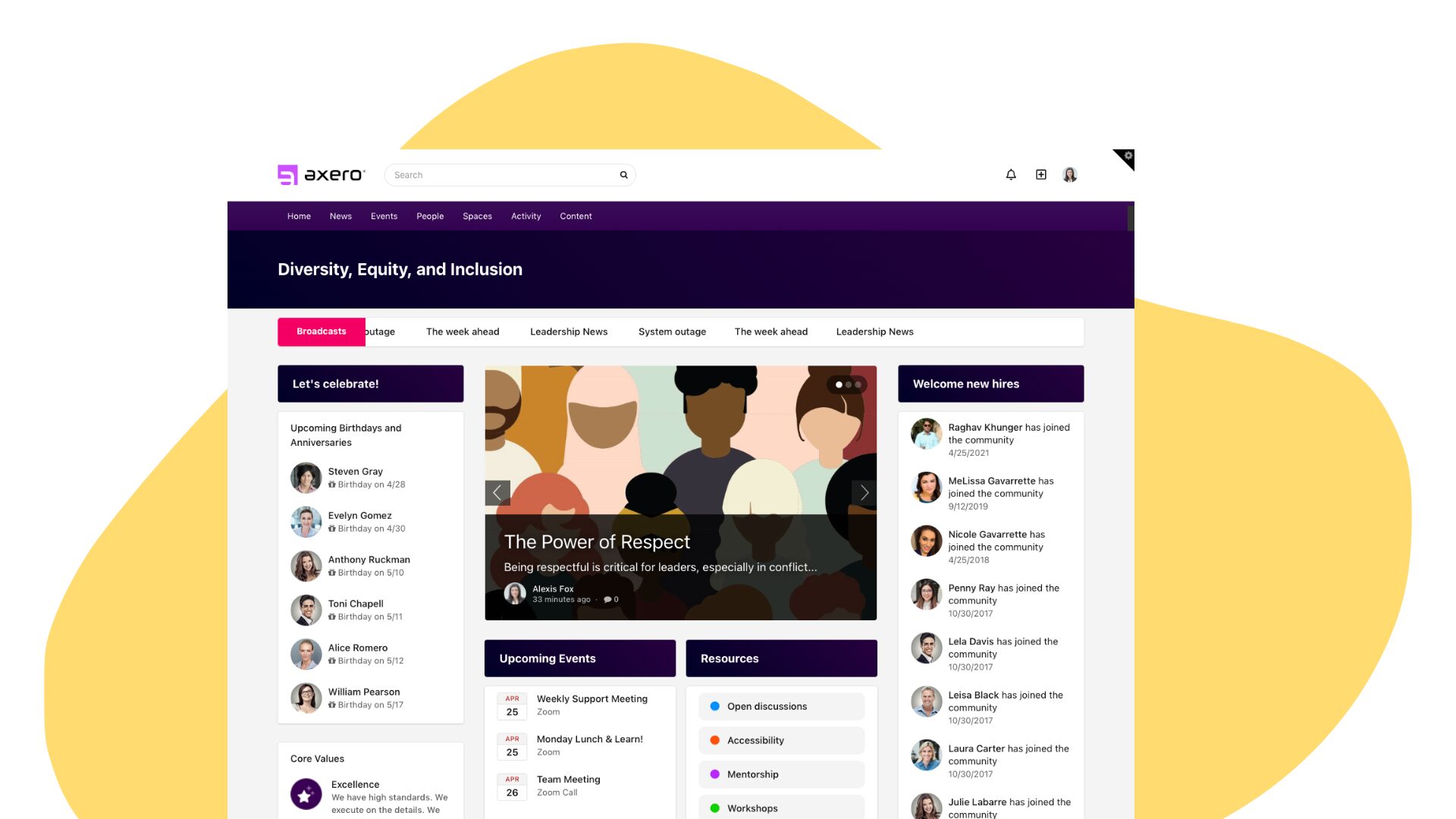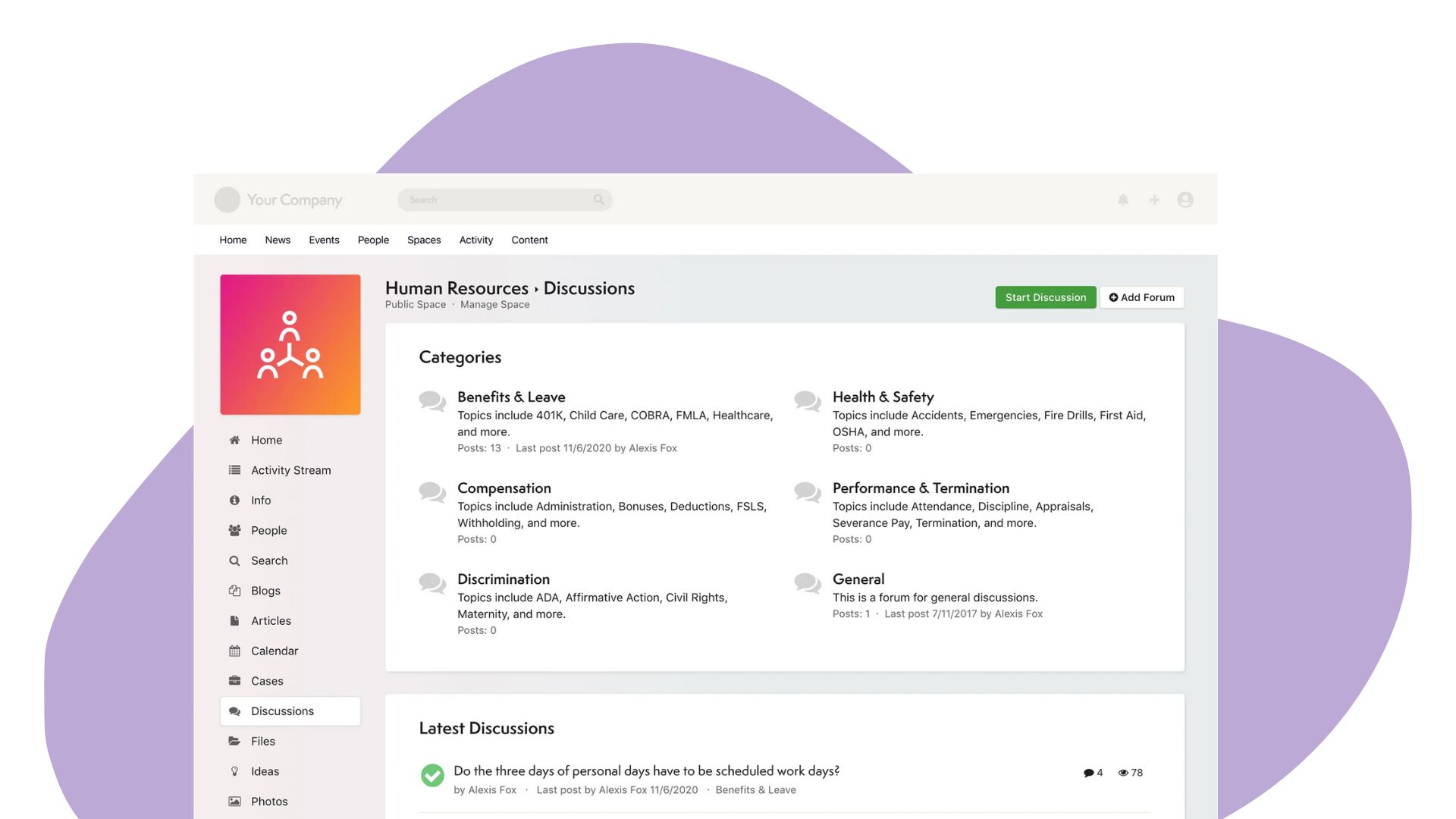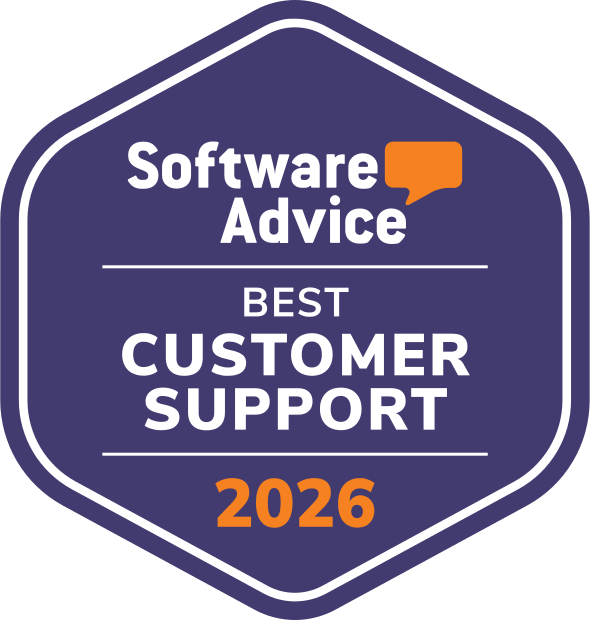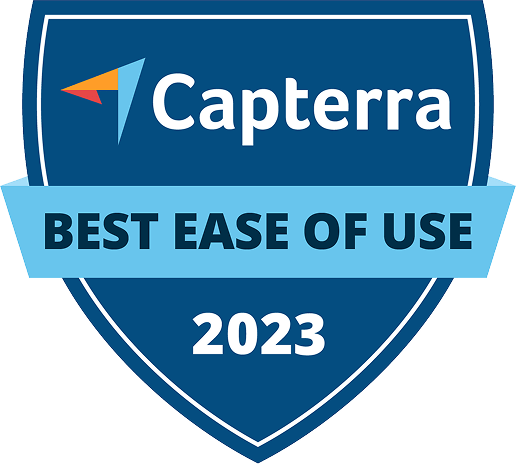
“Why should we consider a paid social software platform (like Axero) when there are readily available options built on open source software for free?”
While most will expect me to reply that open source software is no good, that isn’t going to happen, because I don’t believe open source or free software is bad.
In fact, there are a lot of examples of great open source software and a lot of excellent initiatives come out of open source development.
However, I would consider looking at these two options more objectively and more thoroughly before deciding.
For a simple requirement, like quickly adding a forum section to a personal website, the open source, free option might be a good fit.
On the contrary, if you are considering social software for your business collaboration, social intranet, or your internal social network, I would lean towards a paid option — and here are some reasons why:
- If you look closely at a number (if not most) of the social platforms available in the market, they are built on open source projects. These projects essentially consist of multiple components bundled together as a social software platform solution — which is good for basic use and functionality. Considering they were not initially designed to function together as a single software platform, problems can start to pop up, especially when customization is required.
- When it comes to customization and the need to tweak the software, the code is often a messy mix of several components developed by different individuals … some well commented and others with no labeling at all, making working with the code a nightmare. Using a paid solution with source code developed to work as a single solution, with all the code well marked out and commented, makes it easier to customize and edit — which can save time and perhaps cost less to get running.
- Scalability can be an issue that’s not looked into at in the beginning, when everything seems to run smooth. As the number of users grow, it’s easier to edit source code, make changes, and scale the paid solution — while this is not as simple in many free versions of social software — and businesses are left with the option to migrate, incurring additional costs.
- With software for business use, reliability is a concern. You need to trust the software with your business data — which is often very valuable in more developed social or community websites. With free versions of software, there is no accountability for anything that goes wrong with the software and no one you can turn to for reliability.
- Most free software options don’t offer the level of support required, should support be required at any stage. This is a BIG drawback since support is important during customization, managing the platform, adjusting the software to help scale, adding new components, upgrades, and so many more situations. Without proper support, costs can mount considerably, despite the software being free.
- If you factor in the lack of support, the need to customize the platform, the trouble and time that goes into managing messy code, and the possibility of scalability issues — the chances are, that you will need to migrate after a certain point. So, is the free option really free? … or could it even end up more expensive in the long run?
Social software platforms for business can’t really be compared in any way to “bottled water,” but there IS an inherent value in paid platforms that have specifically been designed and developed for this particular purpose.
It also offers you peace of mind, knowing that you’re purchasing a product that is meant to help you solve a business need and that there is someone who stands behind it, ready to back what is delivered to you.
All things considered, what does ‘free’ signify for your business — and then think about:
Is what you are getting really “free?”










 info@axerosolutions.com
info@axerosolutions.com 1-855-AXERO-55
1-855-AXERO-55


